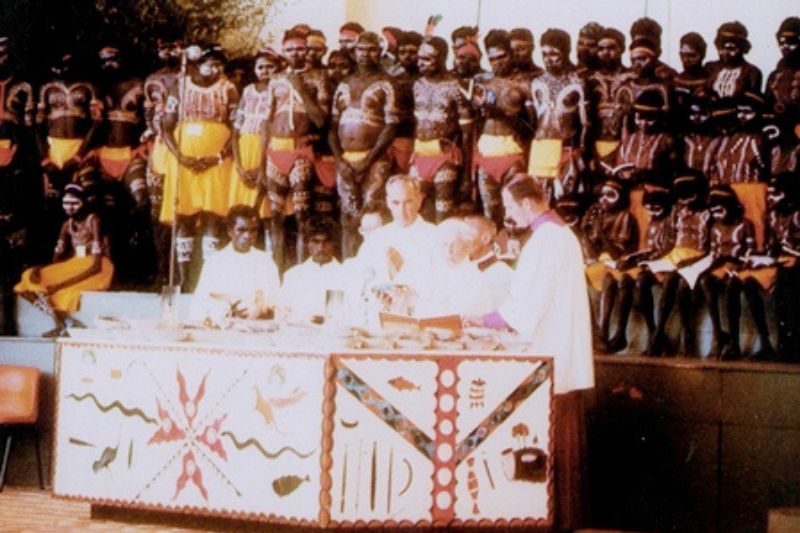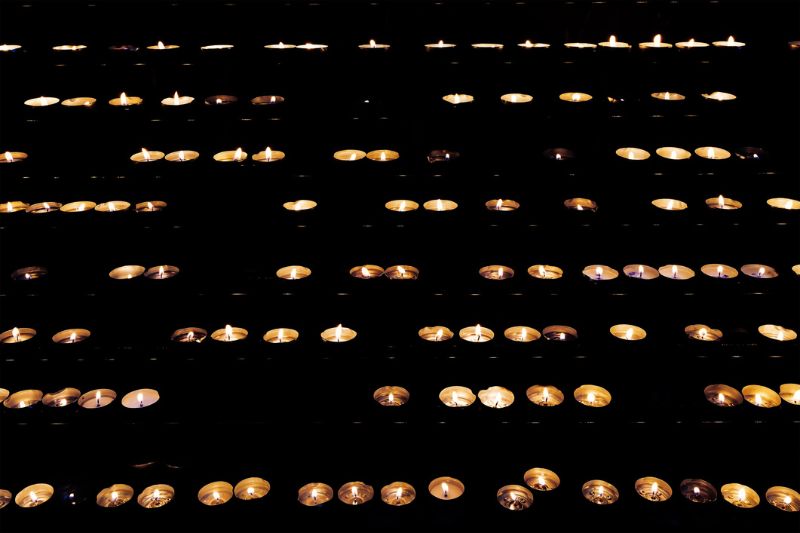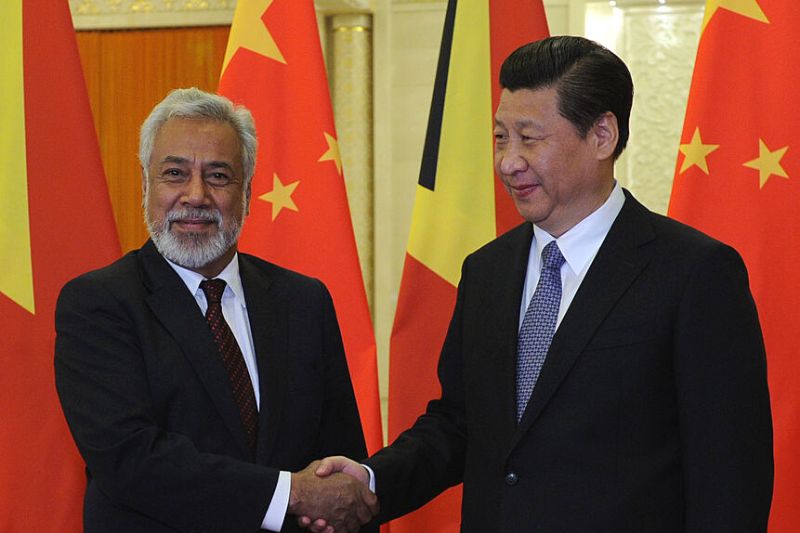Keywords: Invasion Day
There are more than 24 results, only the first 24 are displayed here.
Become a subscriber for more search results.
-

INTERNATIONAL
- Geraldine Doogue
- 18 June 2024
1 Comment
I wonder how many Australians were captivated, as was I, by the 80th anniversary D-Day celebrations? They seemed epochal to me: a reminder of something remarkable and a pointer to something possible, namely new resolve to maintain peace in Europe. Not too many Australians, as it turned out, were similarly mesmerised.
READ MORE 
-

AUSTRALIA
- Andrew Hamilton
- 27 March 2024
Love is a much-used word, and, like domestic cutlery, it tends to lose its shine. Its boundaries then shrink to the average rather than to the inspiring. For that reason we need stories that stretch the ceiling of love beyond anything we could imagine. Not because we think that we could reach such far places, but because it enlarges the horizon of our lives.
READ MORE
-

AUSTRALIA
- Andrew Hamilton
- 19 March 2024
Recognition is not simply an acceptance of facts. It involves also entering the experience of the people affected. Reconciliation must begin with truth telling, flow into empathy, and be followed by a conversation aimed at building decent relationships.
READ MORE
-

INTERNATIONAL
- Tony Smith
- 22 February 2024
1 Comment
The illusion of warfare as a contest between professionals should have disappeared forever as the twentieth century brought numerous examples of barbarous armies butchering civilians. And unfortunately, the pattern now is that some 90 per cent war casualties are civilians.
READ MORE
-

ARTS AND CULTURE
- Barry Divola
- 21 February 2024
1 Comment
A sparky, exuberant pop sub-genre with roots in the ’60s was meant to have died at the end of the ’70s, but its impact and influence are still being felt today. But what was it exactly and why does it matter?
READ MORE
-

AUSTRALIA
- Holly Lawford-Smith
- 02 February 2024
1 Comment
How can we make progress on the question of whether debate can do harm, and if it can, whether that’s a sufficient reason to suppress particular debates? Or should we adopt a ‘no debate!’ approach to particular topics ourselves?
READ MORE 
-

RELIGION
- Brian McCoy
- 11 January 2024
Fifty years ago, the Aboriginal Liturgy was the first attempt by the Catholic Church in Australia to re-shape the Mass, and was the first time we had witnessed and experienced Aboriginal people expressing their Catholic faith in ways that were culturally different from our own.
READ MORE
-

AUSTRALIA
- Kerry Murphy
- 04 January 2024
Throughout recent decades of Australian history, the stance every government has taken on asylum seekers has reflected the shifting political landscapes and challenging humanitarian issues that have continually shaped Australia's response to those seeking refuge.
READ MORE 
-

ECONOMICS
- David James
- 04 January 2024
From Moscow to Beijing, a change in global finance looms, set to challenge the long-standing economic hegemony. This imminent shift could redefine global power structures, disrupt currency markets and international trade. Amidst this uncertainty, one thing is clear: the game of geopolitical chess is no longer played on a Western-centric board.
READ MORE
-

ARTS AND CULTURE
- Warwick McFadyen
- 12 December 2023
In the gathering days to year’s end, a phrase will rise – as it does every year: Peace on Earth, goodwill to all. The phrase carries a warmth of common humanity. Unfortunately, common humanity has shown itself through history to be rather tribal than universal.
READ MORE
-

INTERNATIONAL
- Juliette Hughes
- 22 November 2023
1 Comment
Sixty years ago today, on November 22, 1963, the world lost three towering figures of the 20th century. On their diamond jubilee, do I think it was the end of the world as we know it when these three died? Each one shaped the twentieth century in a unique way. Each one left us with much to think about still.
READ MORE 
-

INTERNATIONAL
- Pat Walsh
- 04 October 2023
3 Comments
Prime Minister Xanana Gusmao's meeting with China's President Xi Jinping signals deeper cooperation between Timor-Leste and China. This evolving alliance, closely watched by Australia, raises questions about Beijing's motives and Timor-Leste's historical indebtedness. As China expands its influence in the Indo-Pacific, Timor-Leste's diplomatic balancing act comes under scrutiny.
READ MORE